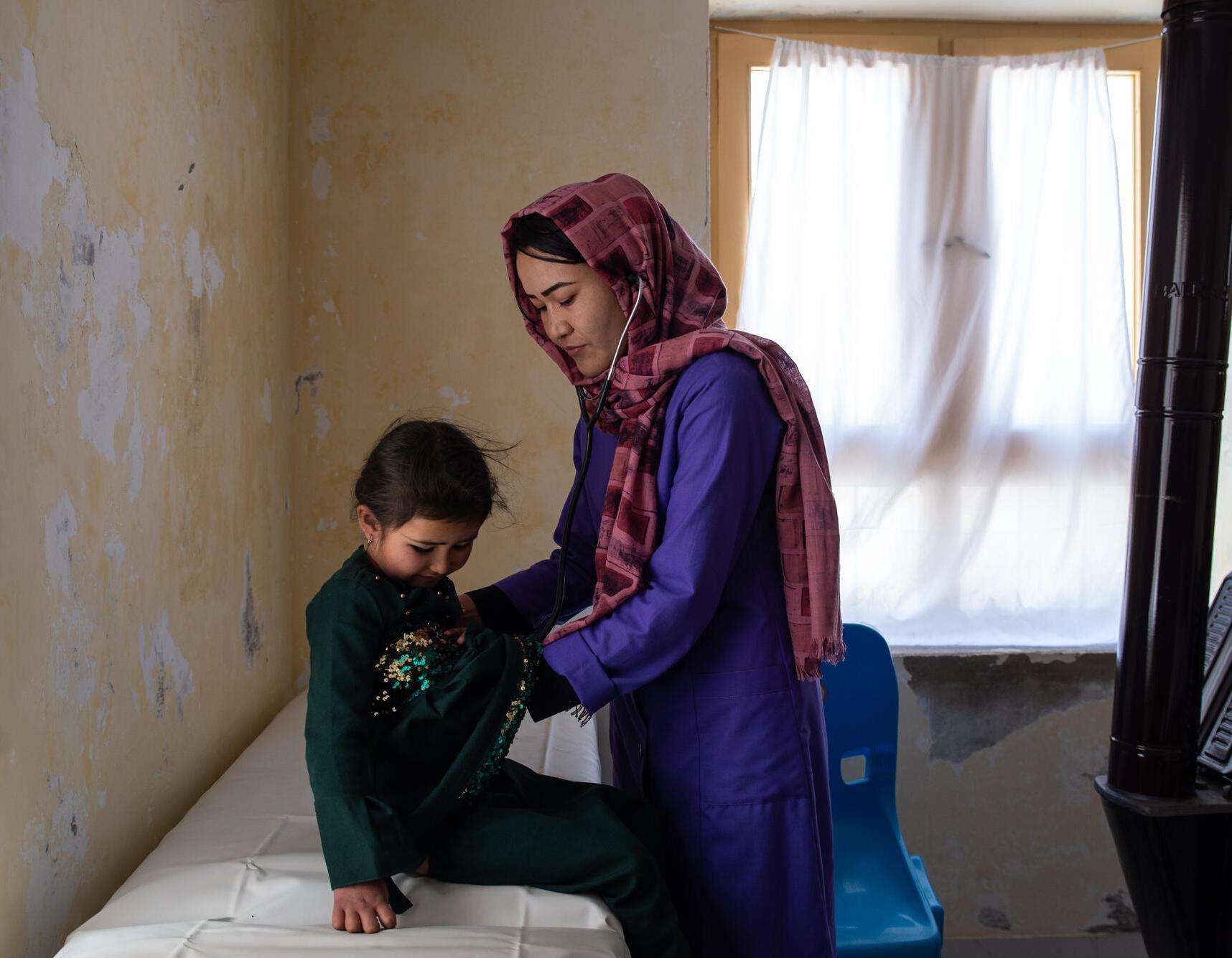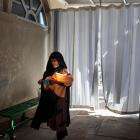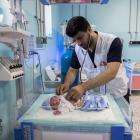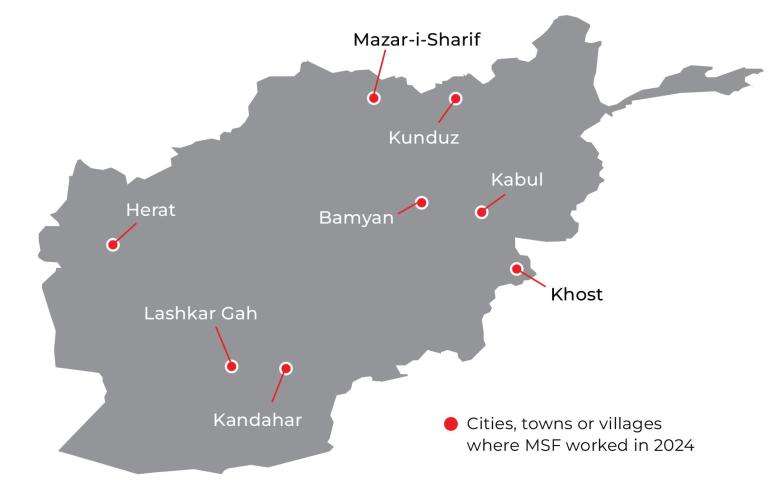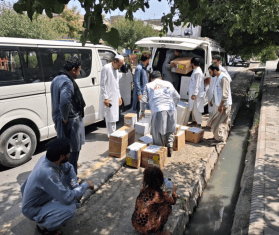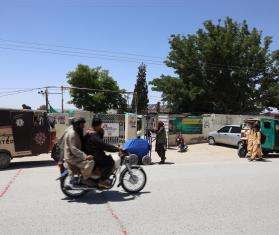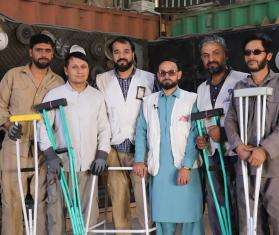Balkh
MSF has been supporting Mazar-i-Sharif Regional Hospital in Balkh province since August 2023, working alongside the Ministry of Public Health to lower pediatric and neonatal death rates. Our teams work in the triage and emergency rooms, the neonatal ward and, since May 2024, the pediatric intensive care unit. We also supported a designated measles isolation ward in 2024.
Bamyan
Since December 2022, MSF has been running a health care program in Bamyan province. In collaboration with the community, we constructed and staffed eight health facilities in remote districts in the province between 2022 and 2023. We continue to support the facilities and staff by providing trainings, medical supplies, and other needs.
The MSF-supported facilities offer mother and child health services, including obstetric and gynecological consultations, pre- and postnatal care, family planning, deliveries for uncomplicated pregnancies, and outpatient services. We also boosted the provincial hospital’s capacity to respond during the spring measles outbreak.
Helmand
MSF has been working alongside the Ministry of Public Health at Boost Provincial Hospital in Lashkar Gah city, Helmand province, since 2009. The hospital is the main referral center in Helmand and for nearby facilities in surrounding provinces.
MSF works in nearly every department of the hospital, including the emergency department, pediatrics, neonatology, maternity, surgical services, internal medicine, and isolation wards. Each day, the emergency room sees between 800 and 1,000 patients and the maternity department delivers around 75 babies. People continue to travel long distances to reach the facility due to the lack of free health care elsewhere.
Herat
MSF also supports pediatric care at Herat Regional Hospital. We have teams working in triage, the emergency room, inpatient and outpatient therapeutic feeding centers, and the intensive and intermediate care units. In 2024, we opened a pediatric laboratory and started mental health activities to increase connection between mothers and their children and improve children’s cognitive and social development.
In October, we closed our Kahdestan outpatient clinic in Injeel district to concentrate resources in Herat regional hospital. We referred all chronic patients with non-communicable diseases to other organizations in the region.
Kabul
In Kabul, MSF provided financial support to the Afghan Midwives Association until the end of the year, and between January and April we supported three facilities run by the Agency for Assistance and Development of Afghanistan, which treat children with malnutrition under 6 months old.
Kandahar
Since 2016, MSF has been treating patients with drug-resistant tuberculosis (TB) in Kandahar province and supporting the detection and treatment of drug-sensitive TB in other facilities across southern Afghanistan.
We also provide nutrition programming through our inpatient and outpatient feeding center.
Khost
In Khost province, our maternity hospital provides comprehensive emergency obstetric and neonatal care with a focus on reducing high maternal death rates. We also offer financial support and training for staff in eight health care centres to improve the capacity and accessibility of maternity services in Khost.
In May, we established a microbiology laboratory to strengthen our response to antimicrobial resistance in the maternity hospital.
Kunduz
MSF delivers trauma care in order to prevent avoidable mortality, morbidity, and disability at our dedicated trauma centre in Kunduz. We partner with Humanity and Inclusion to deliver physiotherapy services. MSF also runs a microbiology lab and has set up an antimicrobial stewardship program to address the high burden of antimicrobial resistance in the province.
In Chahardara district, we run a health post in which teams stabilize injured patients and conduct outpatient consultations, screen for malnutrition, and provide routine vaccinations for children.
In May, when flash floods swept through Baghlan, Takhar, and Badakhshan provinces, MSF treated some of the wounded and donated over 100 trauma kits to Baghlan Hospital.
